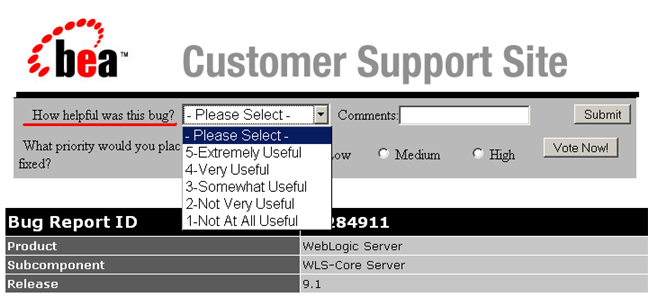The Cost of High Security
by in Feature Articles on 2007-08-30 A few years back, I was “between jobs” (voluntarily, for the record!) and thought I’d try one of those generic “.NET developer needed for three-month contract” jobs. As I learned at the interview, the client was a Certain Federal Agency, and this Certain Federal Agency required that all contractors have clearance at the “Confidential” level. But not to worry: although my then-clearance level was at the “Hoi Polloi” level, the Certain Federal Agency was happy to bring people on board now (as they needed people “right away”) and have them “wait a little bit” while the clearance request went through. Sounded reasonable enough to me, so I took the job.
A few years back, I was “between jobs” (voluntarily, for the record!) and thought I’d try one of those generic “.NET developer needed for three-month contract” jobs. As I learned at the interview, the client was a Certain Federal Agency, and this Certain Federal Agency required that all contractors have clearance at the “Confidential” level. But not to worry: although my then-clearance level was at the “Hoi Polloi” level, the Certain Federal Agency was happy to bring people on board now (as they needed people “right away”) and have them “wait a little bit” while the clearance request went through. Sounded reasonable enough to me, so I took the job.
Three months later, having accomplished little more than mastering the Rubik’s cube and memorizing the forty-eight pages of “non-sensitive” documentation, I was asked to extend my contract another three months. My security clearance (which would allow me, among other things, to log in to the domain and finally see the core application), was “right around the corner.” I hesitantly agreed and signed up for another three months.


 Jul 07
Jul 07


 A few months back, G.R.G. shared a story about the
A few months back, G.R.G. shared a story about the  Several months back, I featured an arcane programming language called
Several months back, I featured an arcane programming language called